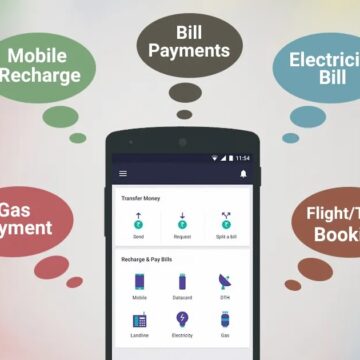An accepted insurance claim entitles you to receive the sum insured to cover the damages sustained in an accident or through a calamity. However, the insurance companies do not pay the full amount but only a major chunk of it. The policyholder, which is you, also has to contribute to the claim, albeit marginally. This contribution which you make is known as a deductible. and those who seek out cheap car insurance from providers like FreewayInsurance.com can absorb unexpected deductible costs by simply paying less in monthly premiums.. Let us understand these in detail.
Types of deductibles
There are two types of deductibles when it comes to car insurance, namely compulsory and voluntary.
The Insurance Regulatory Development Authority (IRDA) of India mandates compulsory deductible when it comes to car insurance. This value is predefined and is based on the cubic capacity (cc) of the car’s engine.
At present, the compulsory deductible amount for cars over 1,500cc is Rs 2,000 and that for cars below 1,500cc is Rs 1,000.
A voluntary deductible is the portion you willingly choose to pay in the event of a claim. This value is also set at the time of buying the policy and hence, should be arrived at after considering all aspects. Unlike compulsory deductible, a voluntary deductible has a direct impact on your premium as they are both inversely proportional. This means that the higher your voluntary deductible, the lower is your premium and vice versa. However, one should consider a voluntary deductible amount that is affordable. You can verify this with the help of a car insurance calculator.
Let us now understand the differences between the two deductibles to gain better insight.
Compulsory vs Voluntary deductible
As mentioned above, a deductible is a predefined portion of the claim amount that you, as the policyholder, are supposed to bear during settlement. Given below are the main differences between compulsory and voluntary deductibles.
| Compulsory Deductible | Voluntary Deductibles |
| 1. Mandatory to pay | Optional to pay |
| 2. No flexibility in choosing the amount as it is in the purview of the IRDA and the insurance company | You can choose an amount that is affordable, i.e. within your financial boundaries |
| 3. Does not affect the premium in any way | Higher voluntary deductible = lower premium |
| 4. Only have to pay compulsory deductible in case of a claim | Have to pay both compulsory and voluntary deductible (if opted) in case of a claim |
How do deductibles work in different car insurance policies?
The two types of car insurance policies are ‘third-party liability’ and ‘comprehensive’.
As the name suggests, a third-party policy only covers damages caused to a third party’s person or property by your automobile. As this policy does not provide coverage to repair the damages caused to your car, the question of a deductible amount is not applicable here.
A comprehensive car insurance policy, on the other hand, provides you with broader coverage compared to the basic third-party policy, i.e. it covers the cost of repairing the damages caused to your car apart from any add-on benefits (covers) you may have purchased. Therefore, both compulsory and voluntary deductibles apply to this type of policy. With a comprehensive car insurance policy, you get financial security against accidents and theft, among other things.
Claiming for minor damages, in any case, is something that is best avoided as it increases the cost of car policy renewal. Deductibles motivate people to drive responsibly and, thus, directly affect the number of claims raised. So remember to file a claim for only those damages that are too expensive to repair. Safe driving!
















